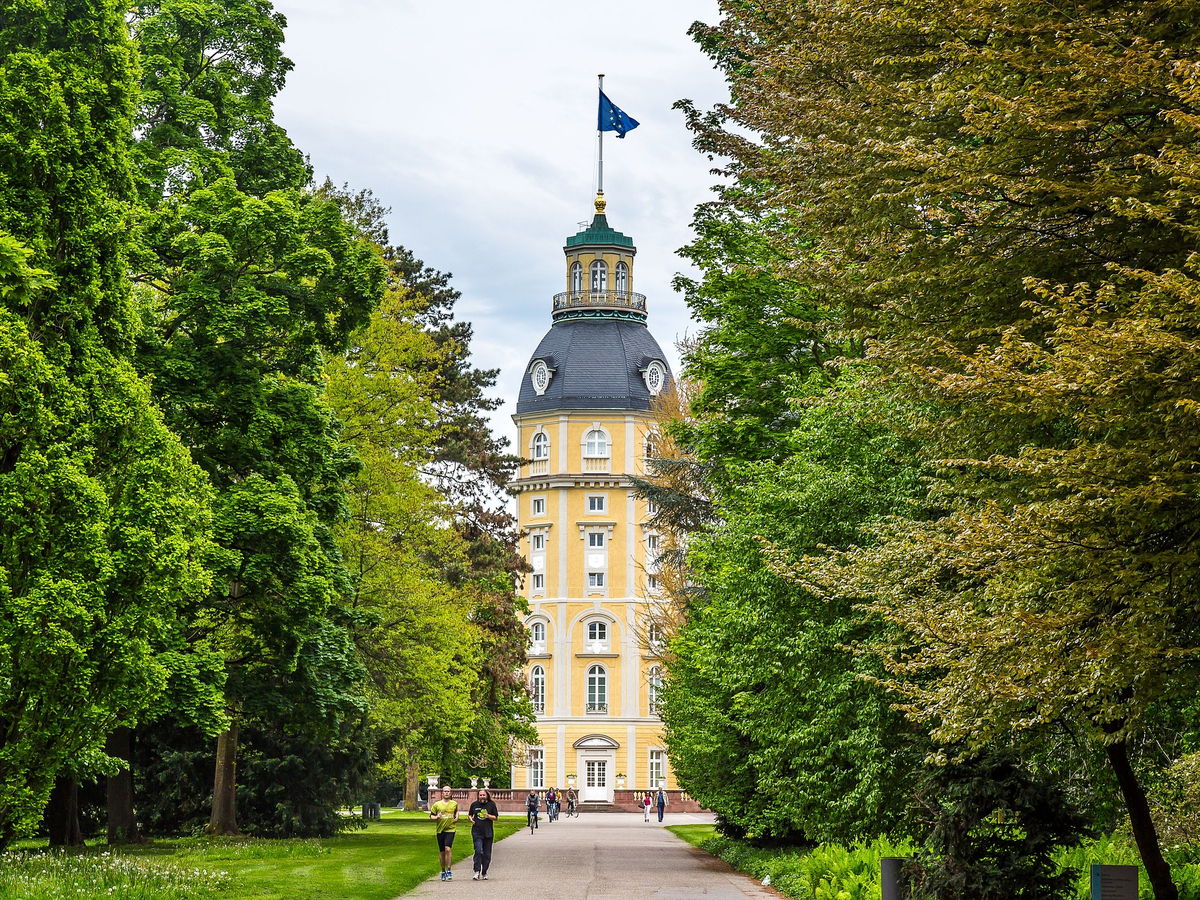Project on resilience of urban trees and forests
Urban forests can be found as trees beside roads, in parks, gardens, cemeteries, and industrial or residential zones, as well as woodlands within the administrative boundaries of a city. Those green patches are classic examples of social-ecological systems. As the “green lung” of a city, trees and forests provide multiple ecosystem services: for example, they purify air or efficiently cool down urban climate.
However, rapid urbanization, pollution, mechanical and chemical damages, threaten the existence and vitality of urban forests. In addition, trees growing in built environments of a city could be more vulnerable to the effects of climate change such as heat waves, droughts, and disease outbreaks than in their natural growing environments. The special microclimatic conditions are supposed to limit their ecophysiological processes such as photosynthesis and transpiration.
Increasing the resilience of the “green lung”
How exactly do different urban environments affect those processes? And what can authorities do to sustain or even improve the ecosystem services from urban forests in growing cities? In the “GreenLung” project, scientists are looking for answers. Using inter- and transdisciplinary approaches they develop strategies to increase the ecological, social, and economic resilience of urban trees and forests.
The research team from ITAS, headed by Somidh Saha, leads a project consortium with a total funding of over 1.4 million euros from the “Future City” program of the German Federal Ministry of Education and Research (BMBF). Partners are the Research Centre Human Biometeorology of the Deutscher Wetterdienst (DWD) and the Forest Research Institute of Baden-Wuerttemberg (FVA) in Freiburg as well as the Cities of Karlsruhe and Rheinstetten.
Analyses on physiological performances, tree growth, and ecosystem services of urban trees and forests facing air pollution and drought will be carried out by ITAS and FVA. The DWD will study the potential of urban forests – from species and single tree up to landscape level – in reducing heat stress in urban areas.
This research is flanked by various transdisciplinary activities: The project aims at initiating a dialogue and knowledge transfer between citizens, foresters, scientists, and policy makers from Karlsruhe and Rheinstetten. At the District Future – Urban Lab of ITAS they will work jointly on short- and long-term strategies to increase the resilience of urban forests.
Improved management for urban forests
“In the future, urban trees must have a high resilience to climate change impacts and, at the same time, cool the urban bioclimate”, summarizes Somidh Saha. “At the end of the project, we hope to know about the most suitable tree species”.
By using this knowledge, “GreenLung” aims to contribute to improving and reforming current management practices of urban forests. With the implementation of those strategies in Karlsruhe and Rheinstetten, the project could become a pioneer of climate protection measures in urban tree and forest management. (21.03.2019)
Further links:


